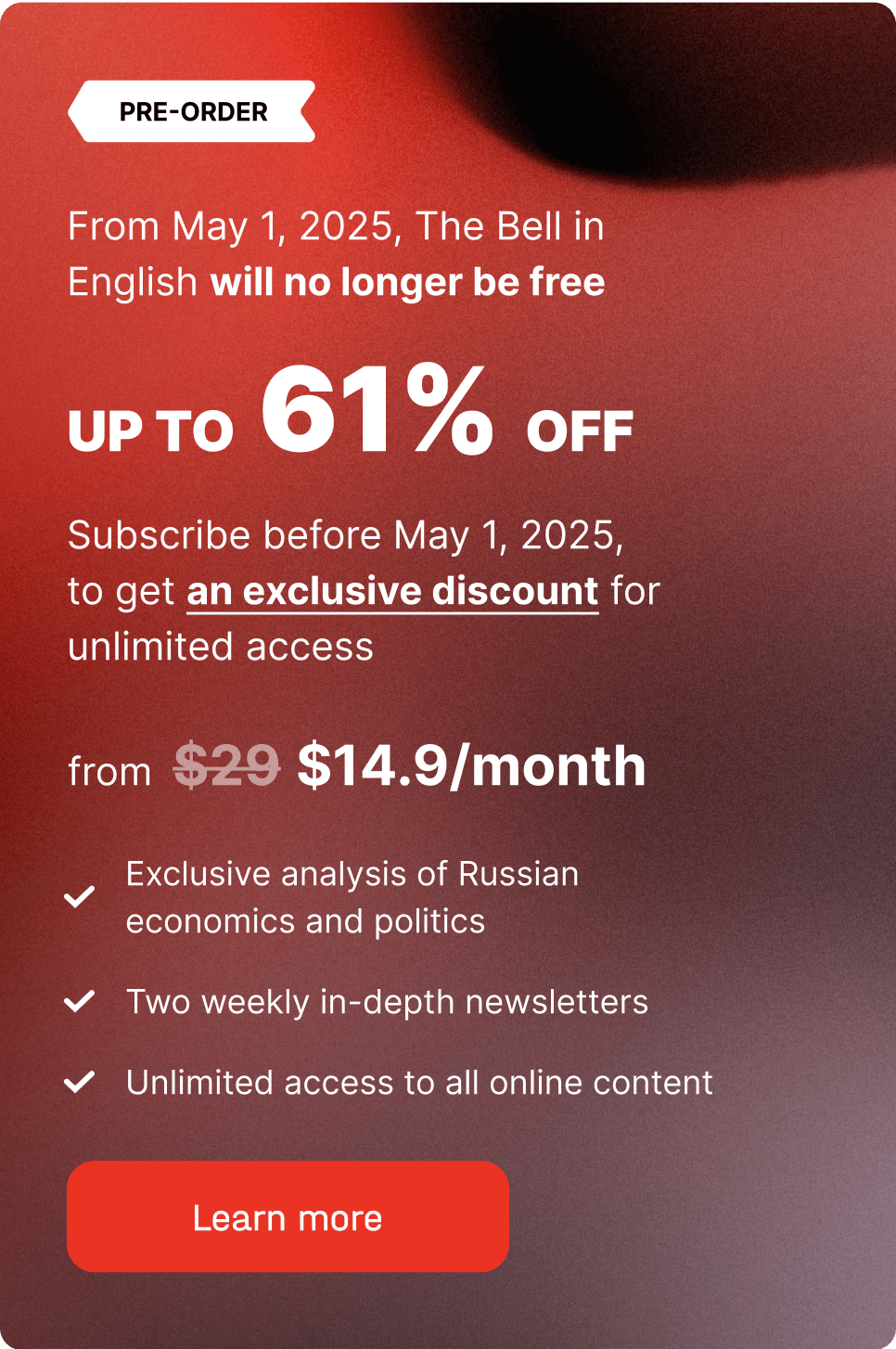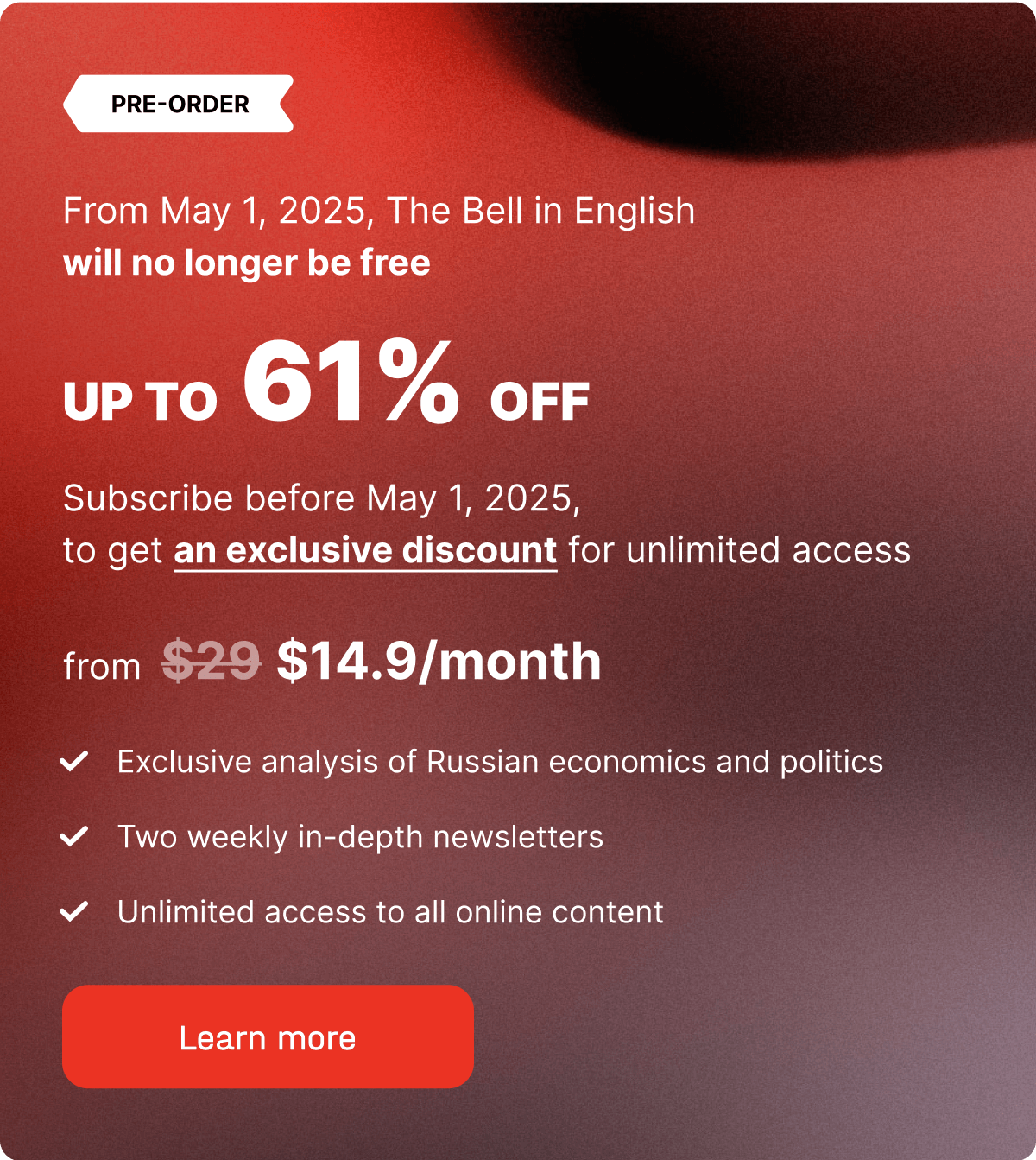
The Putin-linked scion behind Russia’s ‘YouTube killer’
Russian authorities have long sought a viable domestic alternative to YouTube in their fight to neutralize the site’s rising and stubborn popularity. In Russia, YouTube is home to interviews and reports by independent journalists, and opposition politicians rack up hundreds of thousands of views for their videos. Unlike many Western social networks, YouTube is not currently blocked in Russia – and it is likely to remain accessible for at least as long as it takes to build a Kremlin-controlled alternative. At first, this was supposed to be a simple YouTube clone called RuTube, but that initiative has not attracted significant audience numbers. Now the authorities are backing the video service attached to VKontakte (VK), the country’s leading home-grown social network. Last month, the wider VK group announced a shake-up of its business structure, naming Stepan Kovalchuk, a 29-year-old scion of one of Russia’s most influential families, as head of the VK social network and the group’s other sprawling media content divisions. The Bell takes a look at Kovalchuk’s career and what his appointment says about VK’s current strategy.
- Stepan Kovalchuk represents the third generation of influential members of his family. His father, Kirill, runs one of Russia’s key media holdings – National Media Group (NMG). His grandfather, Mikhail, is president of the Kurchatov Institute, which was founded in Soviet times to study nuclear physics and is now working on the development of microelectronics. And his great uncle Yury is a co-owner of Rossiya bank, known for its close links with the authorities. Both Mikhail and Yury are old friends of Vladimir Putin, dating back to the president’s time at St. Petersburg City Hall in the 1990s.
- And now the Kovalchuk clan has got itself deep into VK — the country’s largest social network, often dubbed “Russia’s Facebook,” and which was created in the late 2000s by Pavel Durov (in the 2010s, Durov was pressured into selling his stake in the company, after which he created Telegram). Stepan joined the company in 2017. At the time, a source told The Bell his appointment was “at the insistence of close relatives.”
- The young Kovalchuk’s first serious project, funded with money from his father’s NMG, was called “Zhit” (which translates as “to live” in English). It was designed to bring “positive content that shows how Russia is home to happy, purposeful people,” according to a source of The Bell. It was assumed that Kovalchuk would take responsibility for marketing the project and gain experience in social media. In the run-up to the 2018 presidential election, Zhit aligned with the “Putin Team” movement, whose poster boy was NHL hockey star Alexander Ovechkin. Zhit created content for Putin Team, including video clips for two projects, “Homeland of Heroes” and “Children of Heroes”, according to a press release from the time.
- The project still exists — today it churns out inspirational tales about the war in Ukraine, paralympic athletes and teachers.
- Kovalchuk was also named vice-president of VK in 2018, and given the task of using the site to push the Kremlin’s agenda, three sources told The Bell. He led a team that created social media content, and also took responsibility for promoting events that the government regarded as important, such as the annual Victory Day celebrations on May 9, or the “Direct Line” TV broadcasts where people from all over Russia can phone in and put their (carefully curated) questions to Putin.
- However, despite his senior position and powerful connections, Kovalchuk did not have much real authority or financial clout within VK. That remained the case for a few years, until there was a major change in shareholders at the company. Moreover, until as recently as summer 2023, the VK social network had its own management team that attempted to work independently within the wider group.
Chief Content Officer
In 2021, VK “just went to hell,” a federal official said in conversation with The Bell. To save the business, it needed new ownership. In late 2021, billionaire Alisher Usmanov sold his stake to the insurance company Sogaz and leading Russian bank Gazprombank. Both are closely associated with Yury Kovalchuk. Vladimir Kiriyenko, whose father Sergei was deputy head of the presidential administration, took charge of the company.
In Feb. 2022, prior to Russia’s invasion of Ukraine, Kovalchuk was appointed senior vice president for media strategy and service development. When several top managers, including the managing director, then left the company in June, Kovalchuk stepped up again, taking over another business division in charge of content.
With the latest promotion, Kovalchuk is now directly responsible for VK’s overall content strategy. The company is actively buying up the best-known Russian bloggers on YouTube and TikTok to ensure that their content appears exclusively on VK. “The fees for some of these bloggers would be enough to license half of Universal’s library,” a source from the video services market told The Bell.
Why the world should care
VK takes its role as “YouTube killer” seriously. The company got rid of its non-core assets and is focused on developing content services. The timing of when exactly the authorities will decide to block YouTube probably depends on how quickly VKontakte manages to convince them that it is a viable replacement. “It’s clear that the RuTube project is a failure. Over the course of the year, its audience has not increased at all. So, yes, they’re backing VK,” a federal official told The Bell. He doesn’t expect to see YouTube blocked before March 2024, when presidential elections are set to take place, giving enough time for thorough preparations.



PAID SUBSCRIPTION LAUNCH
From May 1, 2025, The Bell in English will no longer be free
From May 1, 2025, all The Bell’s newsletters and online content will be behind a paywall. We have taken this decision so that The Bell can remain financially independent, and maintain our high standards of journalism and economic expertise






